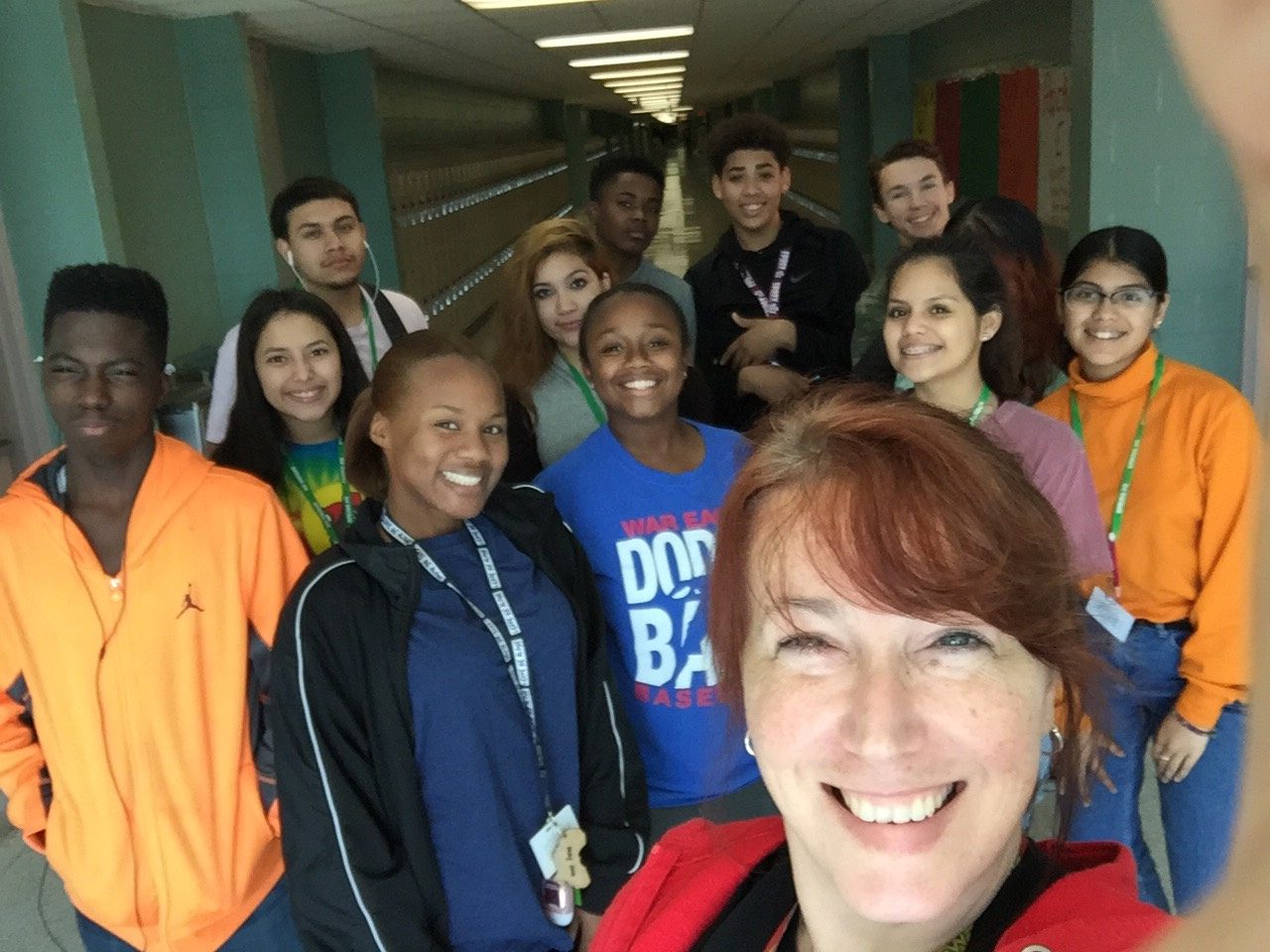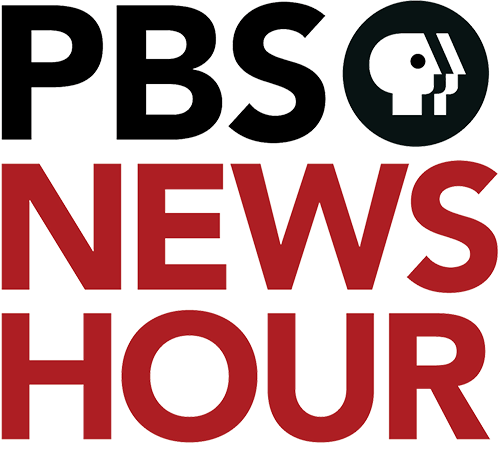SRL Connected Educator of the Month: September 2017

Trina Moore with her students at Spring High School in Texas.
Trina Moore has been an invaluable member of the SRL community. Over the years, she has empowered both students and teachers in SRL to create and embrace a community where everyone has the opportunity to learn and grow as reporters and individuals. Moore is starting fresh at a new school that was severely affected by Hurricane Harvey. She hopes to use the experiences that students went through during the natural disaster to elevate their voices and report on the important issues affecting people now in the aftermath of the hurricane.
What is your teaching philosophy when it comes to storytelling?
I really embrace the fact that ‘everyone has a story.’ Before my students can tell other people’s stories, however, I want them to understand how to tell their own. I want them to know that they have valid opinions and thoughts and storytelling is a way to express their voice so other people can hear what they want to say.
Finding one’s voice, finding new ways to tell those stories – it is all very empowering. I want my kids to feel empowered by their own stories so they can tell the stories of others.
How can student journalism help promote a greater understanding of the world?
So often within a classroom, what they know about the world is limited to what they happen to see on social media or the television. Journalism demands a deeper attention to detail and a deeper understanding of why things are the way they are. Instead of being spoon-fed information, students need to learn how to discover it for themselves. So the power of student journalism is two fold: the individual kids I’m teaching are going to have a greater understanding of the world through media literacy, and then they will take that understanding and express it to the world around them – their peers, their family, and beyond. It is an active, fluid connection.
When teenagers start high school they can be so idealistic. They are fresh and new and not jaded yet. The kids coming in feel like they can help – that they can make a difference. I want them to understand that as student journalists, they are the gate keepers and they can take control of the information they share, and that is an awesome responsibility. To be fact-driven, responsible, critical producers of news reports – watching this process unfold in a student is wonderful.
How can we get youth more interested in the news?
Since the election I’ve seen a great shift in my own students. They are learning that they need to find their voices, they can’t just let other people make decisions for them- they have to speak out for themselves. My kids are concerned about DACA and the infamous wall. Kids are realizing that they can’t just passively watch news unfold on their Twitter feed. We need to talk about these things. Examine them. understand them.
What Black Lives Matters came on the scene, we were having very real discussions about their relationships with the police, and I heard first-person accounts of discrimination. I wish we had SRL then because telling these stories helps them realize that by understanding the news, they have power. They don’t have to be victims; they can take control of their own narrative by converting their stories into media that other people can gain understanding from.
They are still getting their news off of Snapchat stories – they eat that up. Who they chose to follow on Twitter becomes their world. My kids are great worshipers of YouTube – but YouTubers want more eyes, more people to subscribe, so that’s a powerful influence.
Hurricane Harvey made many students watch the news for the first time. They are paying attention, and I hope that continues. The wave of citizen reporting is very exciting; I really hope that can equalize the playing field and inspire this community to be more involved.
What would life look like without public media?
Public media is the most pure form of media, free from outside influences of advertisers or corporate control. Some of my students don’t realize when they watch CNN or NBC how paid content seems into the news and is part of how decisions are made.
I know that I can turn to public media for that pure sense of what media can be. It’s not controlled by sweeps week or looking at clicks and worrying about advertisers. I turn to PBS and NPR for stories from around the world that have meaning and are not part of the news cycle of the same thing over and over again. My students need to see who is producing news and what the ideology is. Most of the students don’t know what ideology is, so public media gives me the opportunity to show news that rises above the fray.
What do you hope to accomplish with SRL?
We are starting from ground zero – introducing the whole concept of broadcasting and video reporting with the barest of essential equipment. I hope to set up a solid foundation for my students and all the kids in the school, because the program has integrity and sets high standards. SRL gives students a pathway that reaches beyond the school, not just my classroom or the district but an audience that encompasses the world.
So many people underestimate what high school students are capable of. SRL empowers these kids in ways they haven’t experienced before. It encourages critical thinking, problem solving, getting involved, discovering stories. As a teacher, that’s thrilling.
Our district’s theme this year is “Be the Change”. SRL is set to become a very active component of that philosophy.






